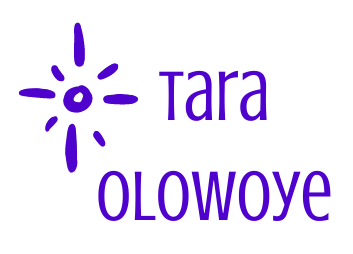The role of rapport and working alliance is perhaps the single most important factor in determining the success of therapeutic treatment. The working alliance consists of three components: trust between therapist and client, their agreement on therapy goals, and their agreement on therapy tasks. Without these as a foundation for therapy, the partnership will break down and clients may be worse off than when they came in for treatment, because now they may also lack trust in their therapist. We can also add attitude and motivation to create TEAM: trust, expectations, attitude, and motivation. If the working alliance is good, clients will have an attitude of curiosity and will be motivated to do the work required to achieve their goals.
Rapport and working alliance should be developed very early on in the therapist-client relationship. This is why we ask important questions in the initial assessment that define the problem, determine why it is a problem, define client goal, explore client motivation, devise a treatment plan, and explain how the treatment plan will address the problem and the goal. This kind of working alliance is necessary for the client to change. Additionally, it is important to receive client feedback after each session (including assessment) to ensure the working alliance continues to be successful. Open and honest communication is crucial to a good working alliance, so that expectations are set and met. Furthermore, clients must feel ownership of their goals and therapy plan to continue to be motivated. Collaboration is essential.
The working alliance can be undermined, particularly when therapists and clients disagree over therapy goals and treatment plan. If they do not agree and they work towards differing goals, clients will not follow the treatment plan and again, therapy will fail. The working alliance can also be undermined when therapists behave incongruently or when a codependent or other unhealthy relationship is developed between therapists and clients. Furthermore, if clients have not “bought into” treatment, they will not follow the plan and therapy will be undermined.
The client-therapist relationship is the number one predictor of therapy outcomes, so when choosing a therapist, be sure to find someone you trust and can build a good relationship with. If you feel like I may be a good fit to help you achieve your goals, contact me!
